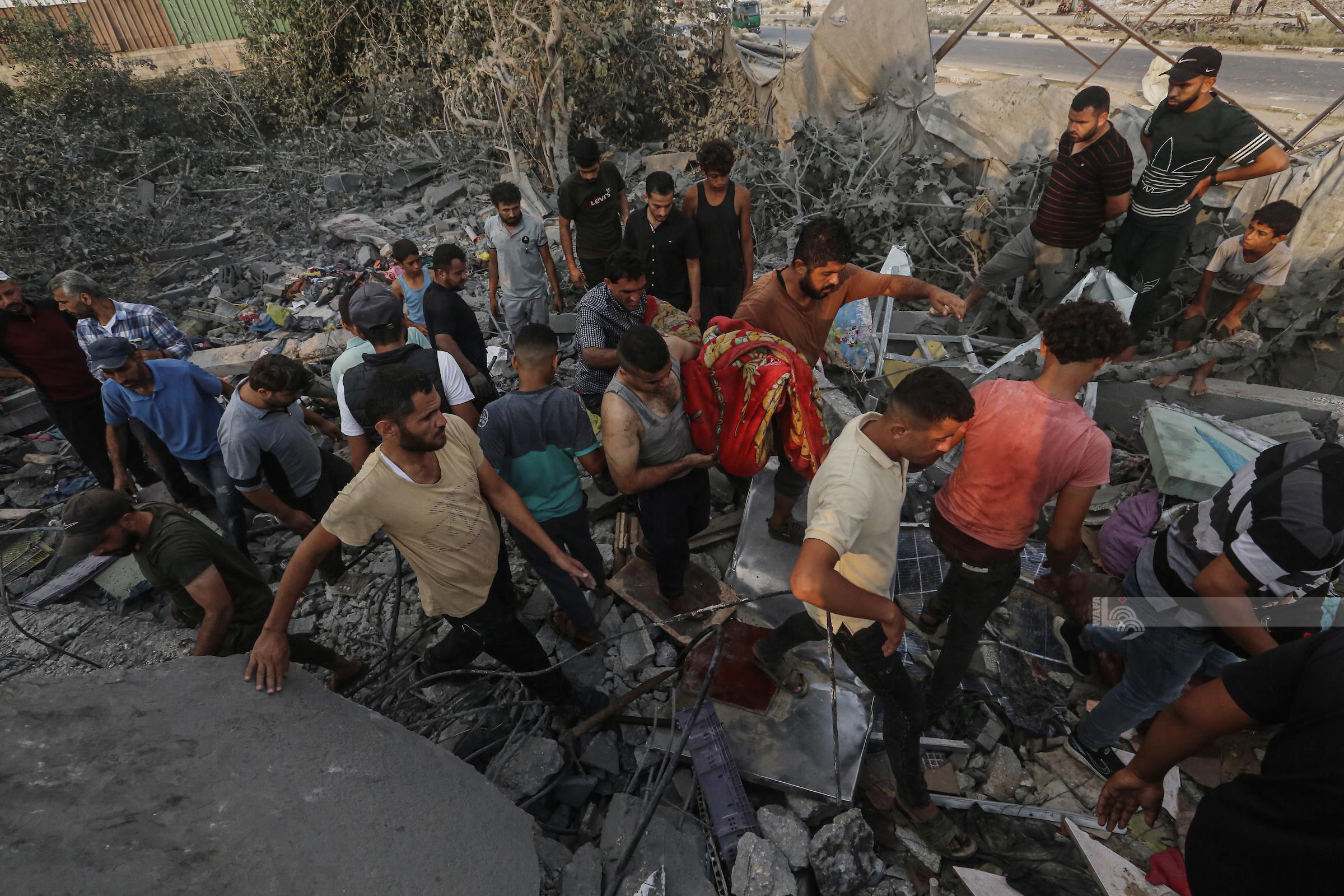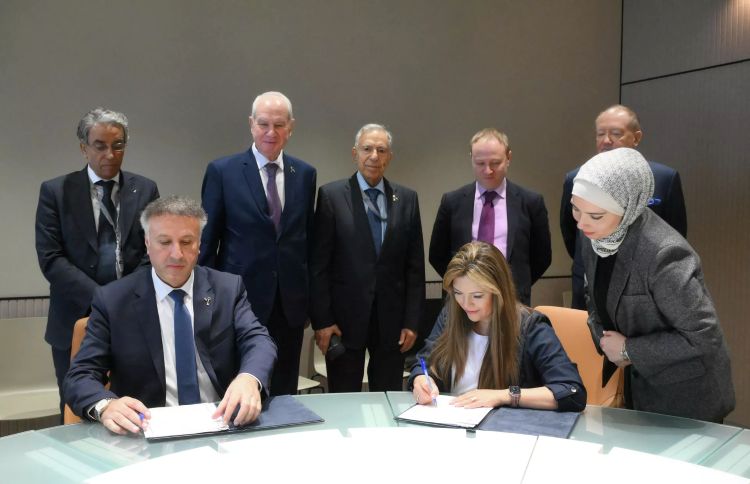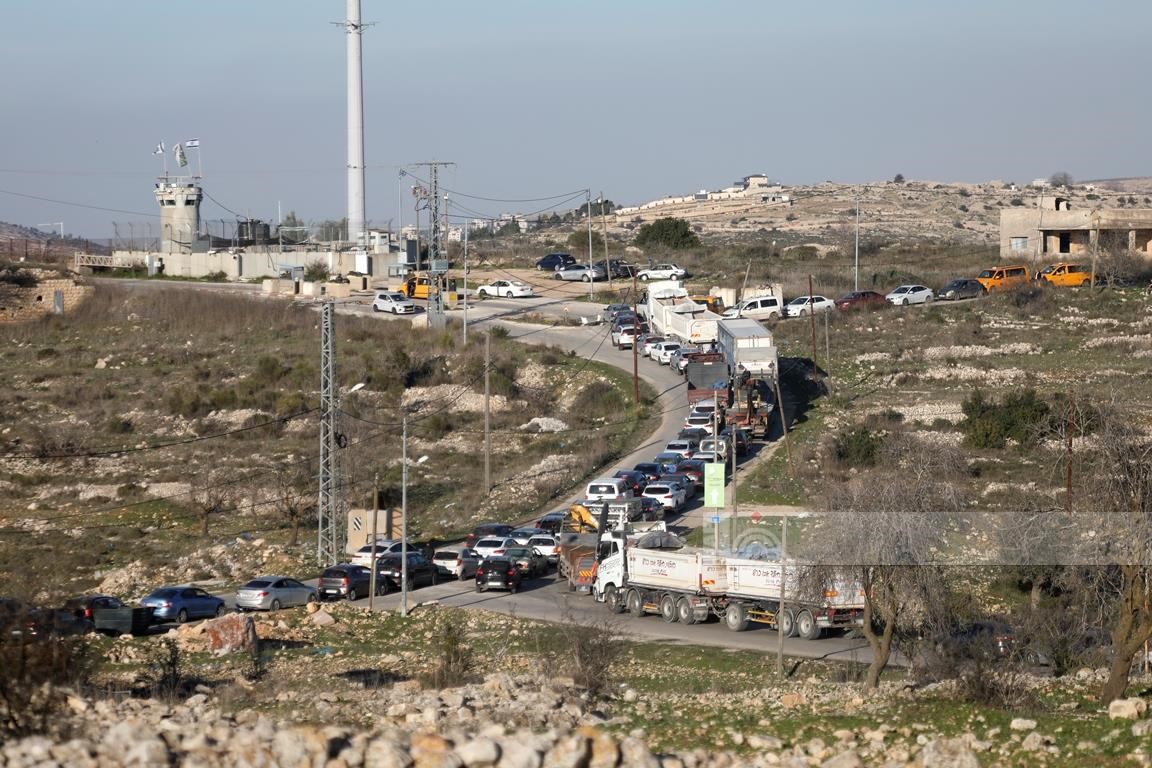RAMALLAH, March 12, 2025 (WAFA) – As part of ongoing efforts to enhance transparency, strengthen dialogue and consultation, and foster sustainable coordination with civil society organizations, the Ministry of Finance convened a workshop on Wednesday at the Palestine Public Finance Institute to discuss the draft general budget for fiscal year 2025, ahead of its submission to the Council of Ministers for approval.
The workshop brought together representatives from leading Palestinian CSOs, including the Palestine Economic Policy Research Institute (MAS), the Independent Commission for Human Rights (ICHR), the Palestinian NGO Network (PNGO), Al-Haq, the Bisan Center for Research and Development, the Palestinian Initiative for the Promotion of Global Dialogue and Democracy (MIFTAH), and the Coalition for Accountability and Integrity (AMAN).
In his opening remarks, Deputy Minister of Finance Majdi Al-Hassan underscored the importance of sustained dialogue with civil society and emphasized the positive impact of recent fiscal reforms and austerity measures on the 2025 budget’s preparation.
Al-Hassan outlined key austerity measures aimed at enhancing financial discipline, including institutional restructuring and merging non-essential institutions to eliminate redundancies and improve efficiency, halting new government building purchases while reducing leasing costs, and minimizing operational and capital expenses to essential levels. He also stressed enhanced oversight of non-essential travel expenses and stricter financial management policies, among others.
Providing an in-depth overview of the budget framework, Director General for Budget Qadri Bsharat explained that it is based on conservative financial projections that reflect the prevailing economic challenges. He emphasized that the budget follows a cash rationing approach, prioritizing expenditures according to the government’s vision to maintain liquidity for sustaining vital sectors, particularly given Israel’s ongoing illegal deductions from Palestinian clearance revenues.
Dr. Mohammad Abu Al-Rub, Director of the Government Communication Center, further noted that the government has successfully implemented over 50 reform measures in less than a year, many of which have significantly impacted key sectors.
These reforms, he underscored, focused on rationalizing public spending at all levels, particularly in light of the crippling financial siege imposed by the Israeli occupation and its illegal deductions from Palestinian tax funds, as well as the extensive financial strain resulting from Israel’s repeated and deliberate destruction of infrastructure in Palestinian cities and refugee camps in the northern West Bank.
The workshop facilitated in-depth discussions between Ministry of Finance officials, civil society representatives, and attendees on budget priorities and their alignment with the government’s reform agenda. Participants stressed the need for continued consultation to enhance budget transparency, ensure efficient resource allocation aligning with national priorities, and support long-term financial stability in Palestine.











